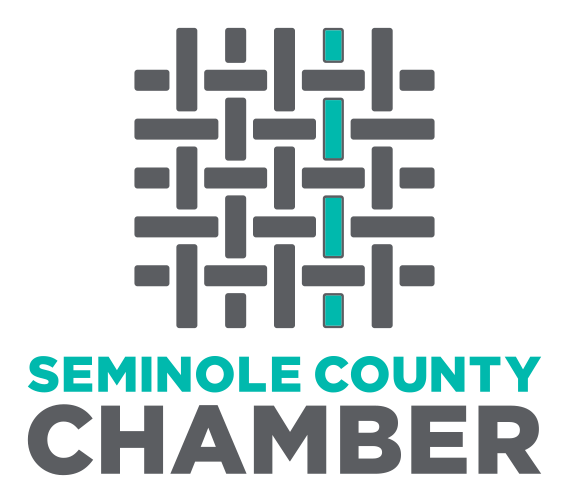Sole Proprietorships
Choosing to operate as a sole proprietorship is a common sense decision if you are going into business by yourself. Your business is not a separate entity that requires registration when you are a sole proprietor, making it easy to get your enterprise set up. This structure also empowers you to maintain complete control over your business at all times.
Keep in mind that when your business is not a separate entity, you take on significant liability risks. You also must still ensure that you acquire any necessary licenses or permits to conduct your business.
Limited Liability Companies
Forming a limited liability company is a strong option for businesses of any kind. You can even register as a single-member LLC, meaning this structure is not only for large companies with vast resources.
LLCs come with liability protections, tax advantages, and flexibilities that you might not see in a sole proprietorship. However, lawyer fees can be expensive when you take the traditional route of forming your company. Instead, consider using an affordable formation service that also helps you stay legally compliant with state regulations. For more information, here’s a resource on how to start an LLC in Florida.
Corporations
Establishing your business as a corporation or S Corp may be the right choice for you if you intend to take on shareholders. Many investors prefer the flexibility of owning company shares over more inaccessible methods of investing in other types of businesses. Your business will also operate as a separate entity as a corporation, meaning you can enjoy similar liability protections as an LLC.
It is worth noting that some corporations are subject to double taxation and must also follow stricter protocols in many cases. You must also remember that when you open your company up to shareholders, you are sacrificing a certain percentage of ownership to other people.
Give Your Business the Best Start
Regardless of which business structure you choose, you need to use the best online tools to help you manage, organize, and store key documents relating to your business's structure. Digitizing your records is a highly effective and modern solution to managing documents. You can even use an extract PDF tool to merge many files into a single document for your convenience. This guarantees that related records are always in one easily-accessible place.
When you are starting out as a new entrepreneur and struggling with difficult decisions, consider seeking mentorship from local experienced business professionals through your Seminole County Chamber who can help you decide on the right business structure for you. While forming an LLC is a great option for many types of businesses, your own personal situation might call for a different choice entirely. No matter what you choose in the end, you can find business success by keeping your documents organized and focusing on the goals ahead of you.
ZenBusiness
-
Ross Buhrdorf
- December 29, 2022
- (512) 765-4985
- Send Email



